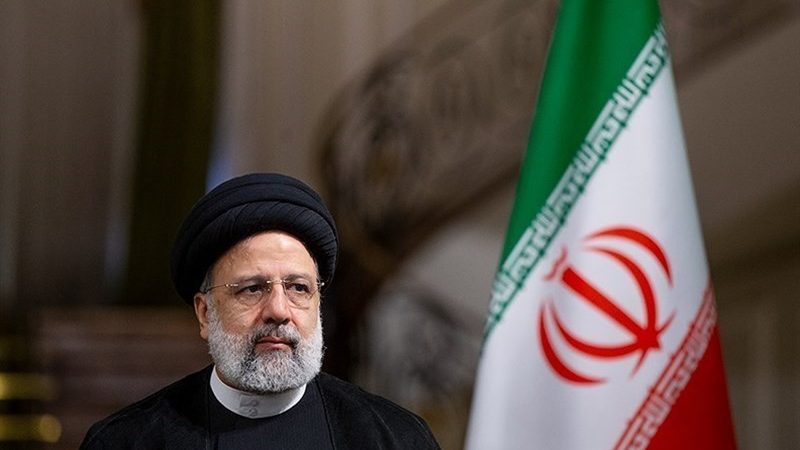Why The Iranian Regime’s Presidential Candidates Stress Continuing On Raisi’s Path – OpEd

In a;previous article;about the Iranian regime’s upcoming elections masquerade, we wrote: “The main and amusing feature of this drama is that all six actors play the same role and say the same thing with minor differences. They not only declare their allegiance to regime supreme leader Ali Khamenei, but also outdo each other in their commitment to continue [Ebrahim] Raisi’s path and program.”
Now, let’s pause to consider the reason why all six actors are playing one role! Apparently, it is very ridiculous and meaningless. But in its essence, it has a thought-provoking meaning.
In any election, even in the sham electoral shows of this regime, the common practice is that each candidate speaks of past mistakes and showcases what they have for change. The issue is so clear that the government-affiliated newspaper Etmad wrote on June 14: “In a word, an election means the possibility of change… an election in which there is no possibility of change, no matter what it is called, is not an election.”
It is clear that talking about the mistakes of Raisi’s failed government is not difficult. The scandal and failure of his government had reached a point where the hardline parliament supporting Raisi advised him to resign to preserve the regime. Even more than 170 members of the parliament who had signed a letter during the 2021 elections in support of Raisi’s presidency expressed regret and admitted their mistake in the second year of his presidency.
Attacks on Raisi and his mockery within the regime were so widespread and common that regime supreme leader Ali Khamenei said on June: “After the loss of this dear one, I saw that many newspapers, all the media, in the virtual space, various individuals from different currents, all speak of his services and his round-the-clock efforts, praise him, commend him. My heart ached. I felt sorry for Raisi! During his lifetime, they were not willing to say a word of this but rather said the opposite.”
On May 31, Yusef Tabatabaei Nejad, Khamenei’s appointee as Friday prayers leader in Isfahan, also said: “God willed that Mr. Raisi have a good death. If he had been around, some people would have put the arrow in the bowstring to ensure he would not be elected for the next term, and they would have accused him of anything as they did.”
Parliament Speaker Mohammad Bagher Ghalibaf also took up the mantra of “new governance” and targeted Raisi with his taunts every other day. Therefore, the question remains why Ghalibaf and five other candidates now insist on continuing Raisi’s path?
The answer is simple. Khamenei, as the owner of the election circus, wants Raisi’s way and manner to continue; “not one word less, not one word more!” Raisi’s path means nothing but maximum repression, including suppression, execution, and absolute suffocation internally, and warfare and export of terrorism externally to block uprisings and the risk of the regime’s overthrow.
However, this general situation of the regime in the crisis of overthrow clarifies three specific realities in the context of the electoral show:
First, the gravity and irreparability of Raisi’s death, which Khamenei described as: “It is irreparable. It is a heavy loss, a great grief.”
Second, the effort of all six candidates to play one role shows that Raisi’s role in Khamenei’s suppressive structure to control the regime’s crises and block uprisings is beyond any of them. Because each one plays his own tune in Raisi’s name. The ridiculousness and steep decline into absurdity of the election campaign, which has even drawn complaints from the regime’s own election decorators, stems from this very contradiction.
Third and more importantly, regardless of the predefined results of the elections, not only is the blow of Raisi’s death not compensated, but the effects of the blow become more and more evident in every political and social tremor.
On the day of Raisi’s death, Mrs. Maryam Rajavi, the president-elect of the National Council of Resistance of Iran (NCRI), emphasized: “This represents a monumental and irreparable strategic blow to the mullahs’ Supreme Leader Ali Khamenei and the entire regime, notorious for its executions and massacres. It will trigger a series of repercussions and crises within theocratic tyranny, which will spur rebellious youths into action.” The regime’s desperate moves ahead of the elections further underlines the depth of this strategic blow.
